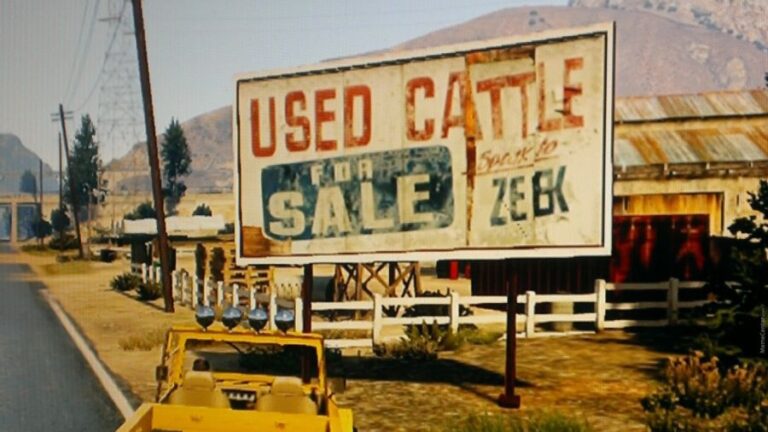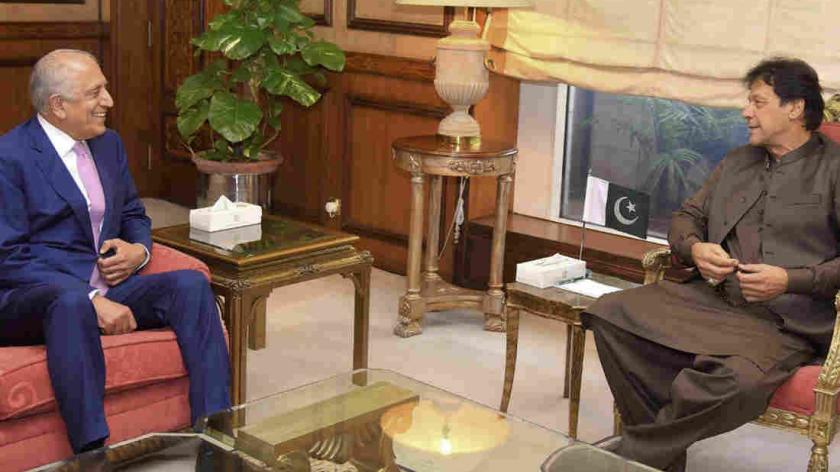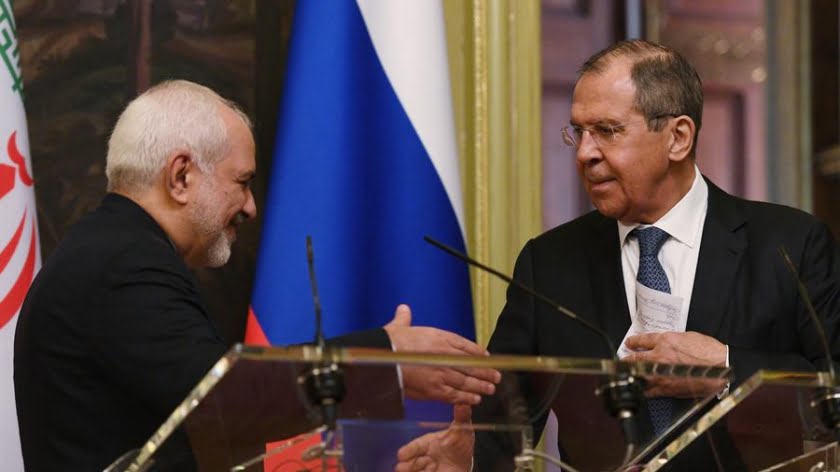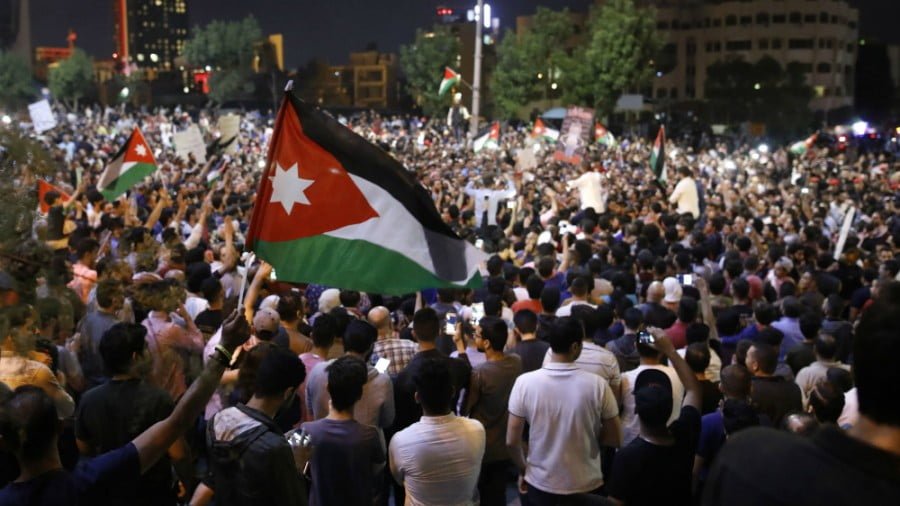Where Pakistan’s Triumphs and Trials Meet
Balochistan, the restive province of southwestern Pakistan, is a microcosm of the country in which it resides, encapsulating all its triumphs and tribulations. The province is at once home to promising economic projects in the $46 billion China-Pakistan Economic Corridor and a hotbed of insurgency and militancy. On Monday, Balochistan’s provincial capital, Quetta, experienced its second large-scale terrorist attack since militants killed 73 people at the city’s Civil Hospital in August. Like the August attack, the Islamic State claimed responsibility for Monday’s suicide bombing at a police training facility — which killed at least 60 people — and posted pictures of the assailants on its news agency’s website. Both incidents highlight a possible change in the Islamic State’s strategy that could jeopardize Pakistan’s progress.
According to a Pakistani official, the Islamic State did not execute Monday’s attack itself but instead delegated it to the al-Alami faction of Lashkar-e-Jhangvi, an extremist outfit headquartered in Karachi. If the claim is true, it would not be the first time that militant organizations in South Asia have cooperated. The Taliban, for instance, provided shelter in Afghanistan to Osama bin Laden’s al Qaeda throughout the 1990s. It would, however, suggest that the Islamic State is looking to existing groups to extend its reach in South Asia. The group has already had some success with this tactic: An Islamic State affiliate carried out the deadly attack on the Holey Artisan Bakery in Bangladesh earlier this year. Pakistan would make a natural target for the Islamic State’s expansion.
The border between Balochistan and Afghanistan is known for being porous. After all, the former leader of the Taliban was killed in a drone strike in Balochistan earlier this year. Estimates suggest that the Islamic State’s presence in Afghanistan is small, made up of about 1,000 fighters concentrated mostly in Nangarhar province, which shares a border with Pakistan’s lawless tribal areas. As NATO forces keep bombing the militant group, the small contingent of Islamic State fighters in Afghanistan could follow in the Taliban’s footsteps by crossing the border and vanishing into Pakistan’s mountains, beyond the ambit of the country’s constitution. From there, the displaced Afghan militants could regroup without having to worry about law enforcement. In fact, just a week ago, two men were arrested in Peshawar — less than 40 kilometers (25 miles) east of Nangarhar — for distributing Islamic State propaganda. What’s more, Balochistan’s chief minister claimed that the perpetrators of Monday’s attack were communicating with people in Afghanistan.
More important, the recent attack in Balochistan comes ahead of a crucial moment in Pakistani politics that could affect the balance of power between the country’s military and civilian factions. Generals have ruled Pakistan for nearly half its 69-year history. In the next couple of weeks, Pakistani Prime Minister Nawaz Sharif will announce his choice for the next chief of army staff, the most consequential appointment that any Pakistani prime minister can make. Assuming current army chief Gen. Raheel Sharif makes good on his promise to step down in November at the end of his term, the prime minister will push for someone apolitical — as apolitical as Pakistan’s generals get. After the outgoing army chief’s three years of dashing off to world capitals, Nawaz Sharif likely hopes to appoint someone more interested in the official duties of his post. At the same time, Raheel Sharif is the most popular public official in a country that questions the efficacy of its politicians. And in the eyes of the generals, the latest attack in Quetta will provide further proof that Pakistan should remain a strong national security state — preferably under the army’s control.
Despite the country’s enduring political and security woes, however, there are signs of progress for Pakistan. Visiting the country for the first time, Christine Lagarde, head of the International Monetary Fund, took a cautiously optimistic tone about Pakistan’s economic future this week. Lagarde said that though much work remains, Pakistan’s economy had made great progress in the past three years toward boosting growth, curbing inflation and cutting its deficit. Sustaining that economic progress will be the key to lifting the fortunes of Pakistan, the world’s seventh-most populous country. Still, so long as the specter of extremism remains undefeated in Pakistan, and until the generals and politicians have come to terms with one another, the country’s trials will continue.
Source: Stratfor







